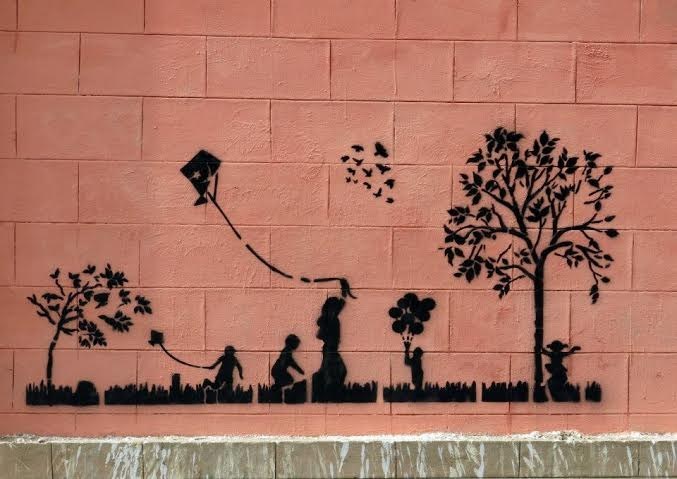Over several decades of political instability and strife, Karachi's walls have become a battleground covered with bullet holes, slurs, threats, and various messages of hate.
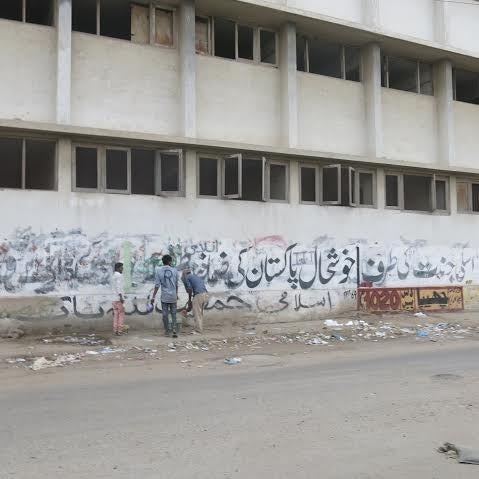
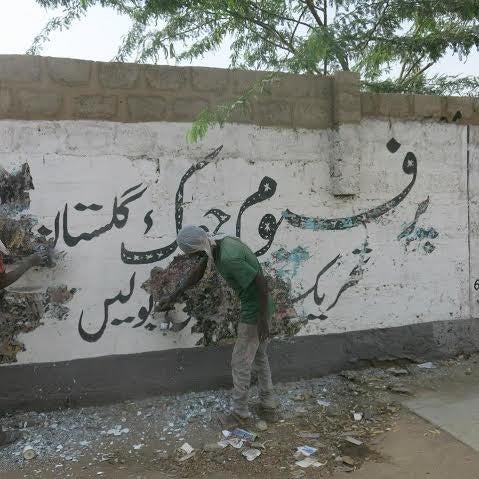
The city has seen several terrorist attacks including bomb blasts, sectarian violence, and a frequency in target killings in the recent past.
A group of Karachiites started a campaign called "I Am Karachi" to reclaim public spaces by promoting arts, sports, culture and dialogue. Their newest aim is to reclaim the city's walls and bring back its positive general environment.
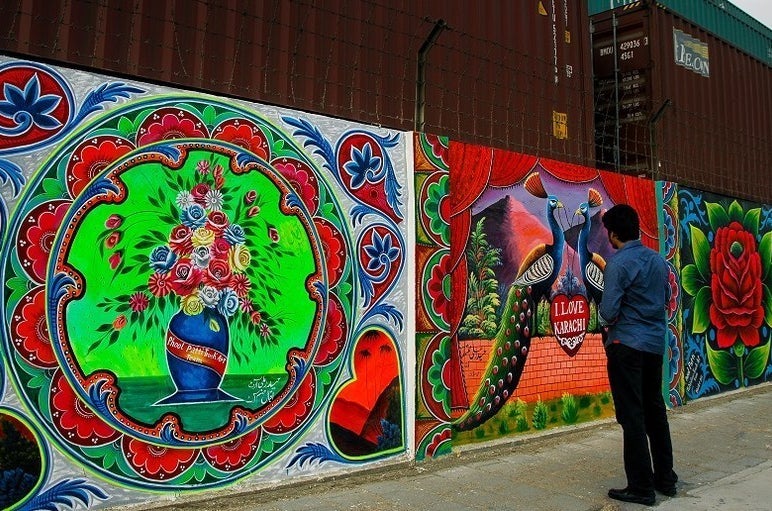
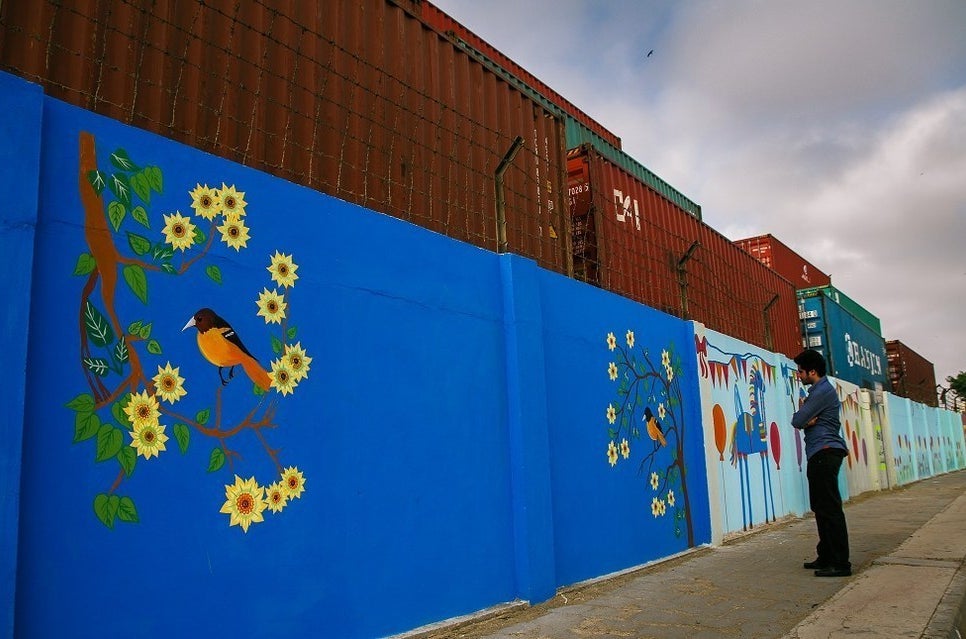
Wajiha Naqvi, the leader and manager of this campaign, talked to BuzzFeed about their "Reimagining the Walls of Karachi" initiative. Young artists have come together to paint over the hate with beauty.
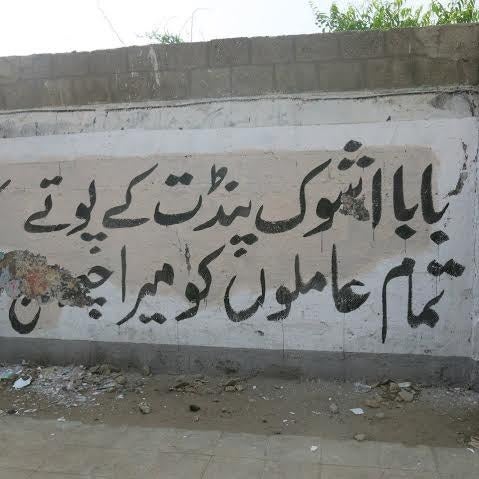
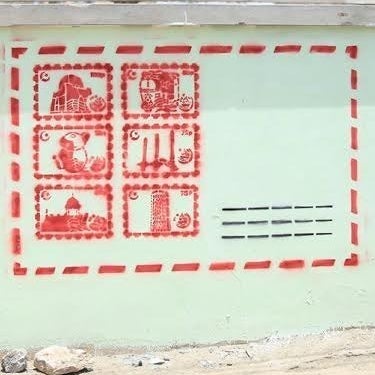
"The effort is to reclaim the walls of Karachi which are often covered with hate graffiti towards certain ethnic groups and political sloganeering," Wajiha told us in an email.
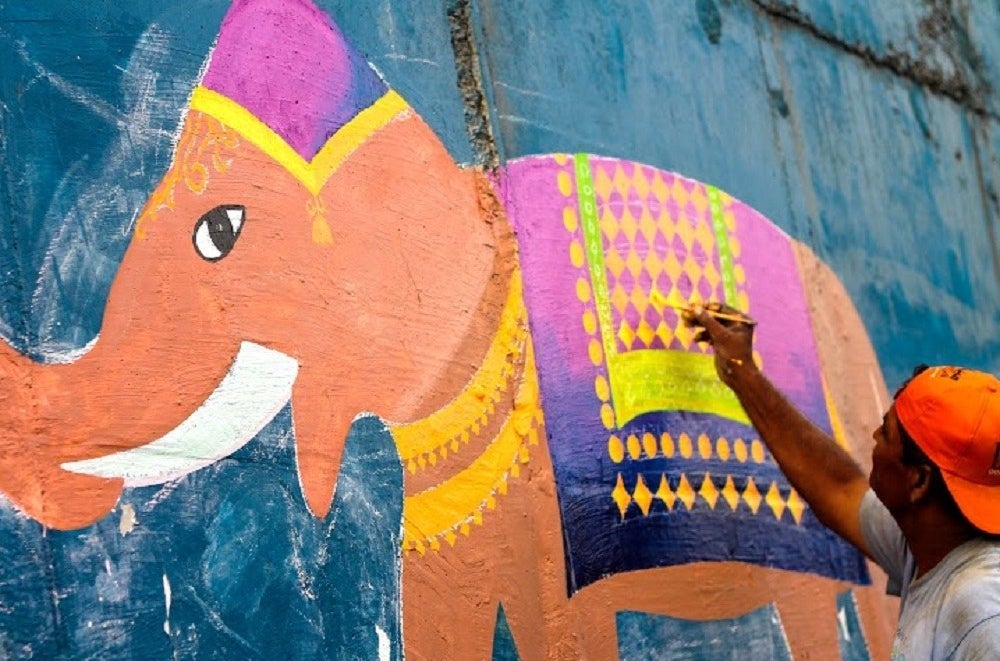
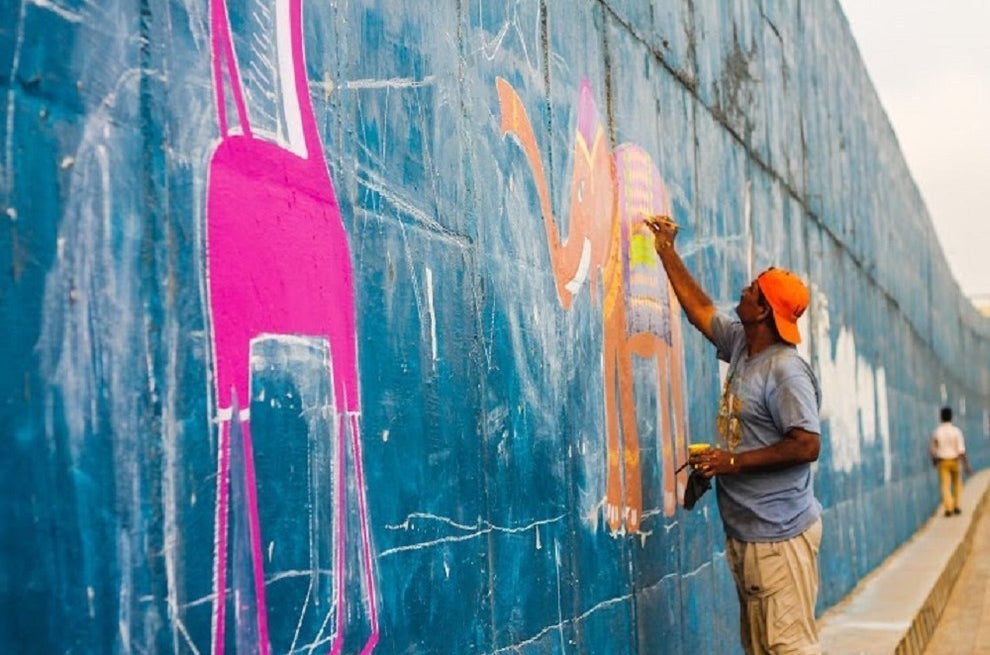
The chenak teapot unifies Karachiites for their love of good old dhaba chai.
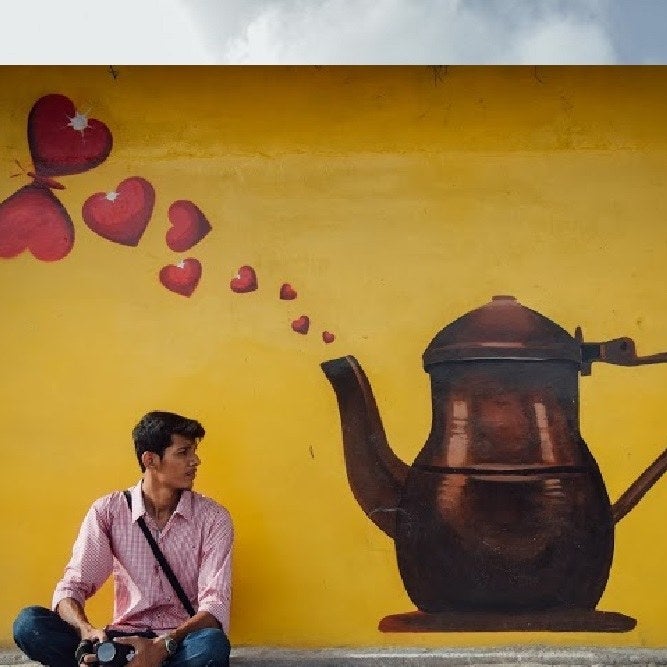

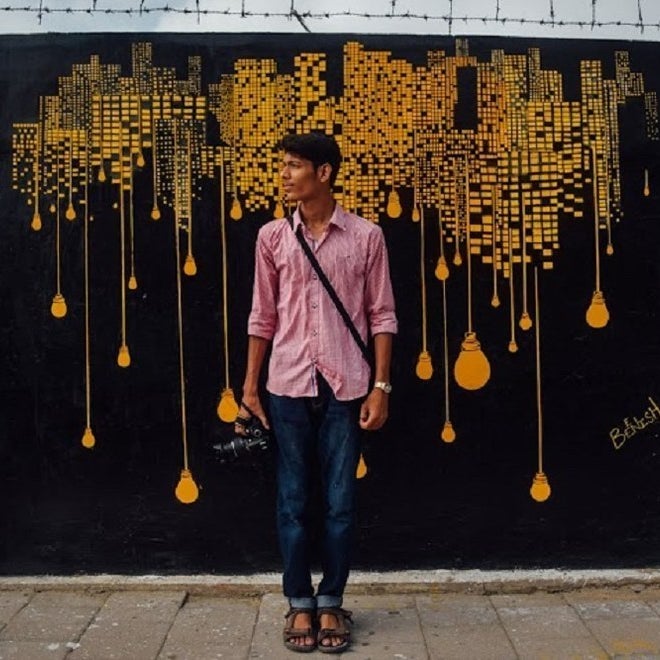
"We want to replace them with images that illustrate/depict positive values," she further said.
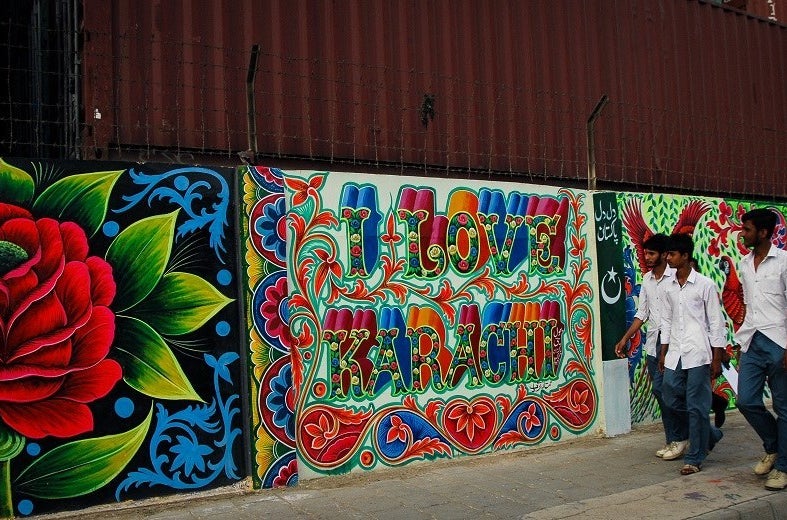
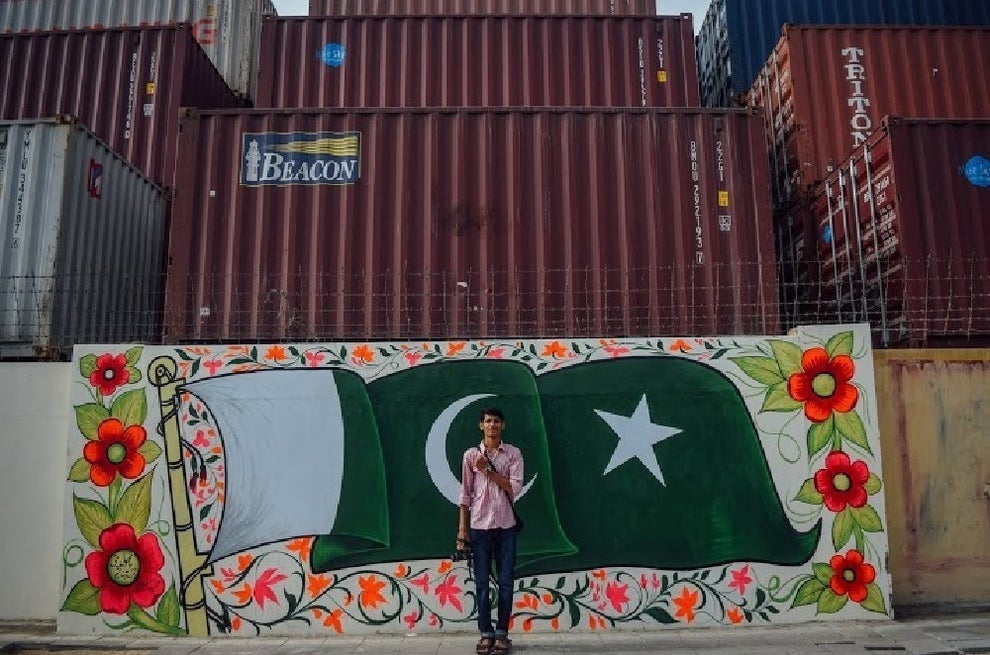
Wajiha said the greatest struggle of this project has been the process of creating a sense of belonging and ownership in Karachi.
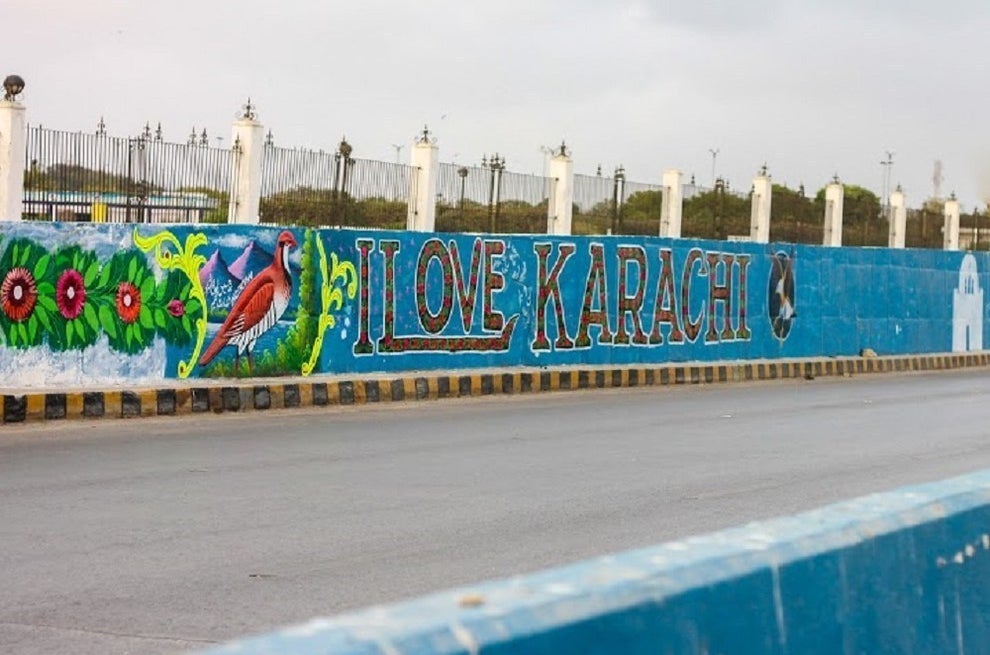

Her goal is to demonstrate that through a cohesive social and cultural movement, I AM KARACHI can positively serve the whole city.
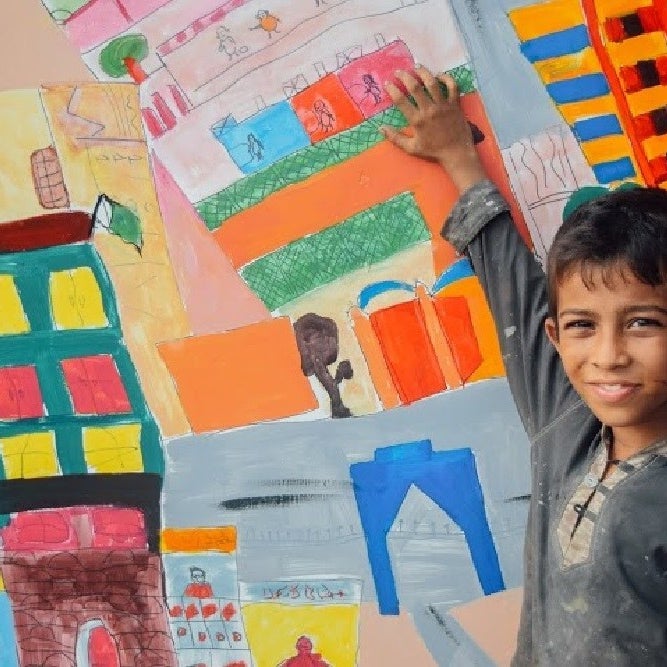
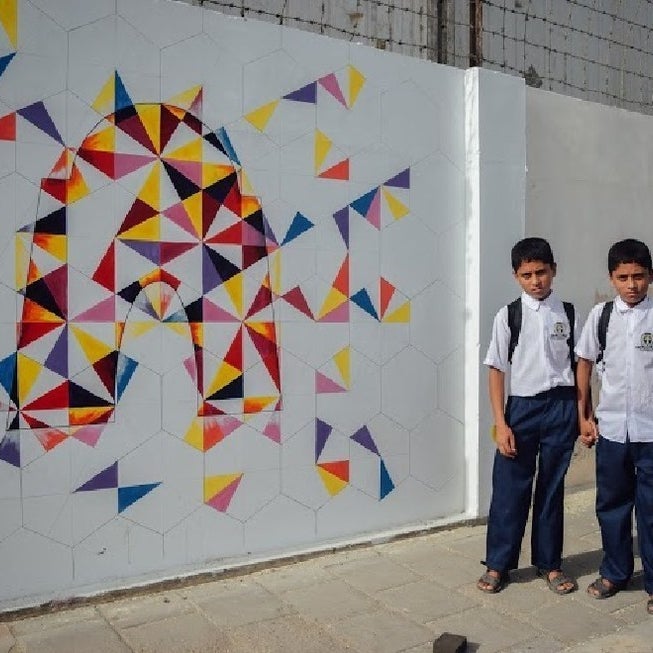
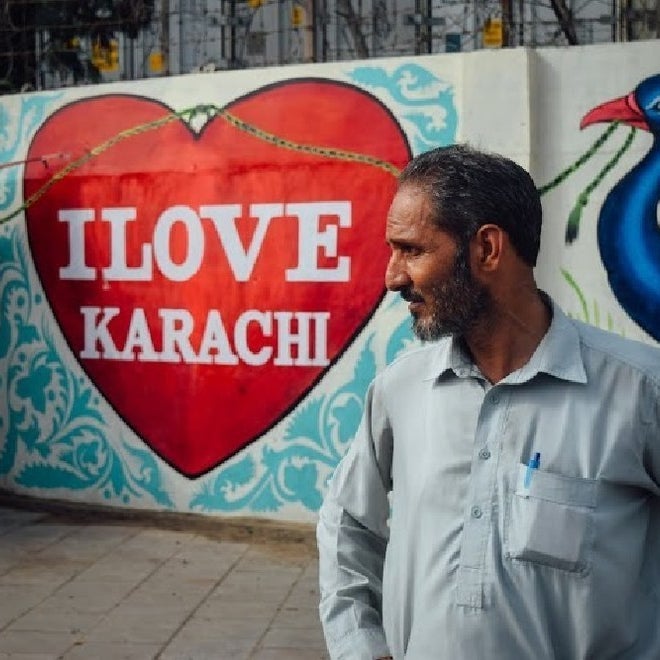
In Pakistan, public spaces such as walls and rickshaws have been long-used to spread hatred. Wajiha wants people to "understand that the same vehicles could also be used to push out a more positive and tolerant message instead."
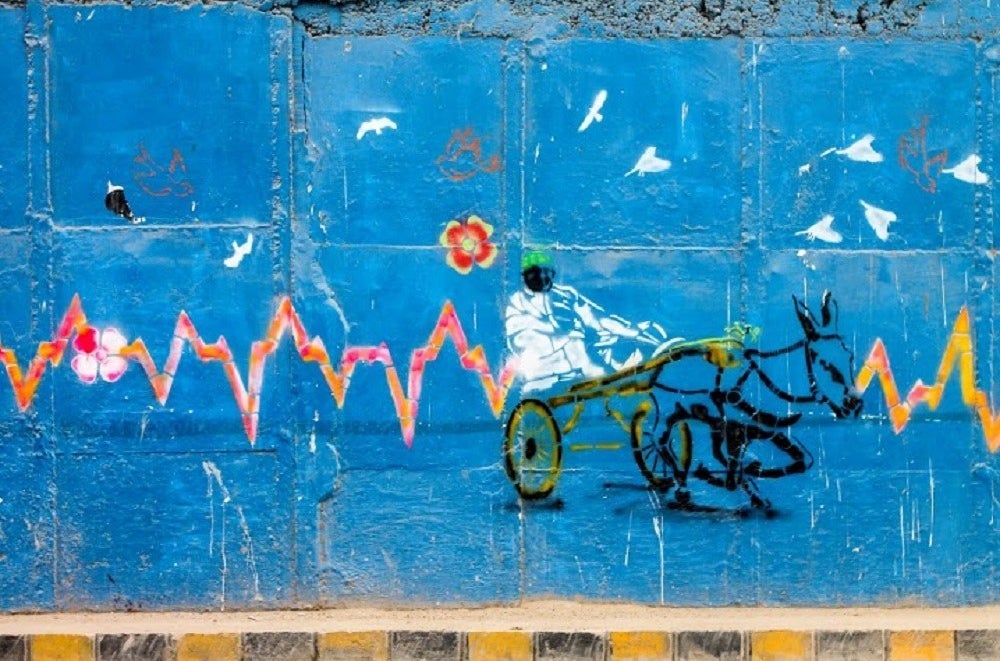
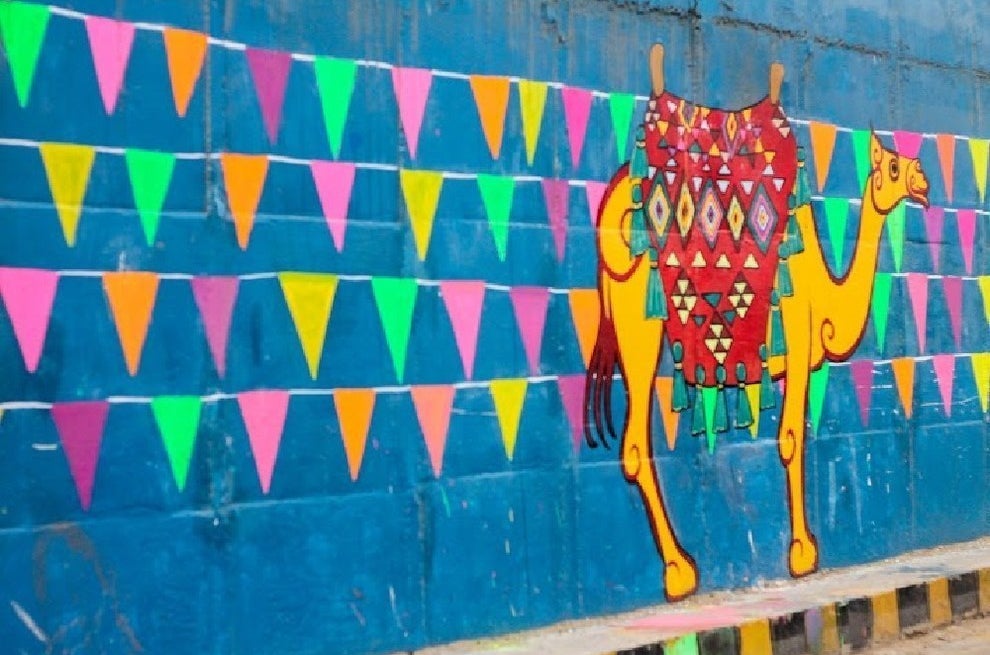
"For this particular project, there have been challenges of getting the city administration on board, mobilizing labor and artists, particularly in vulnerable areas where such an open and public project can be a security risk," she said.
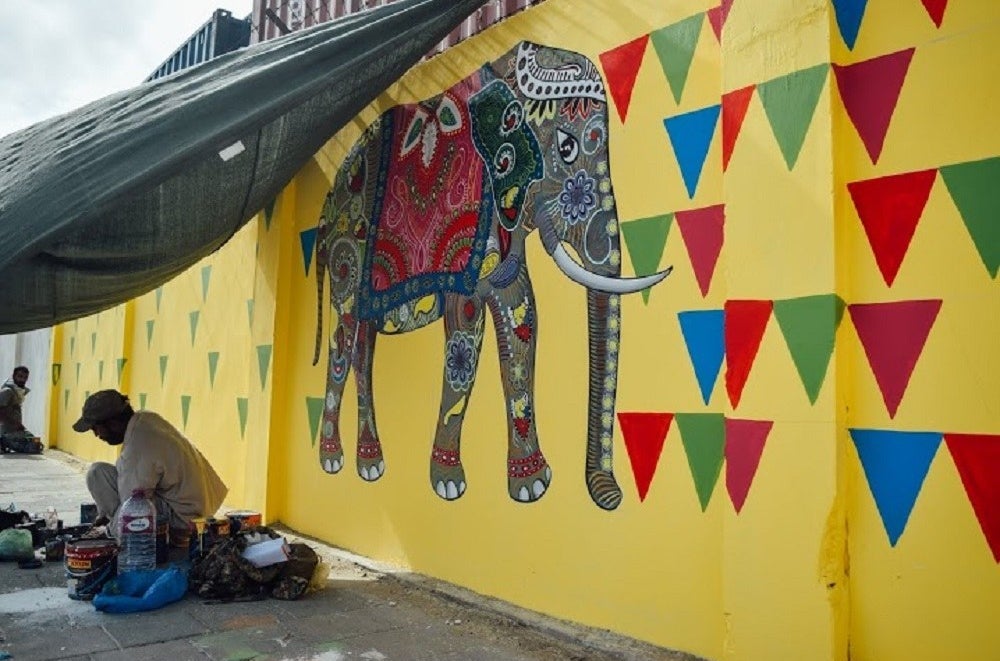
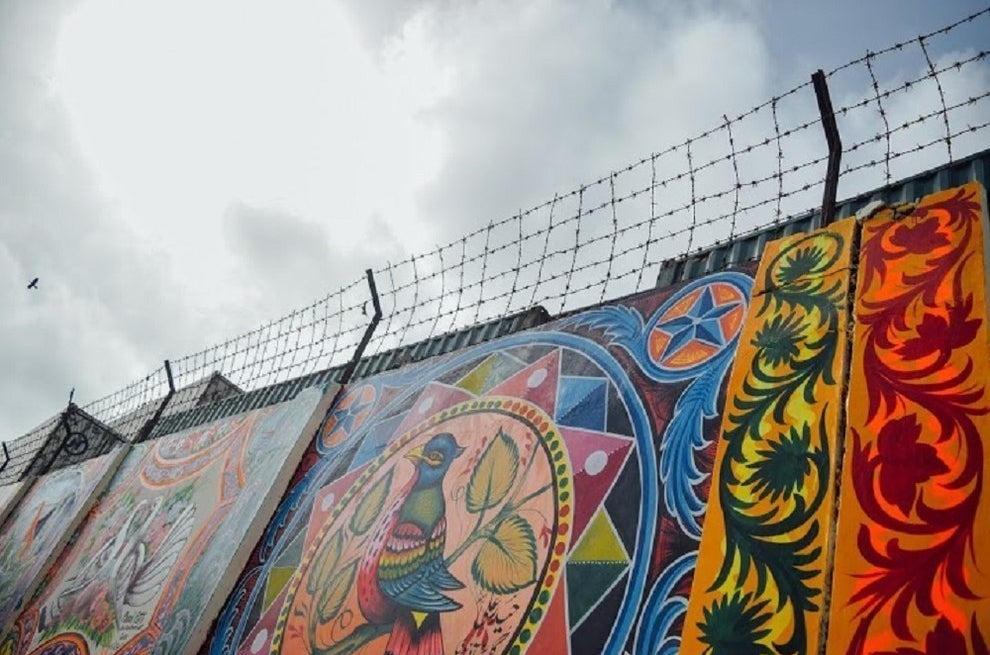
"It is a risk especially considering that we were removing political and religiously charged graffiti, both of which have been a source of conflict and violence based narratives. These include (and some of the harsher messages) messages against religious and ethnic minorities and politically divisive slogans," she further added in her email.
One of the risks of the project is that Wajiha and her team are erasing politically and religiously charged graffiti, which have been sources of conflict and violence, and replacing them with the exact opposite – sources of beauty and unity.
